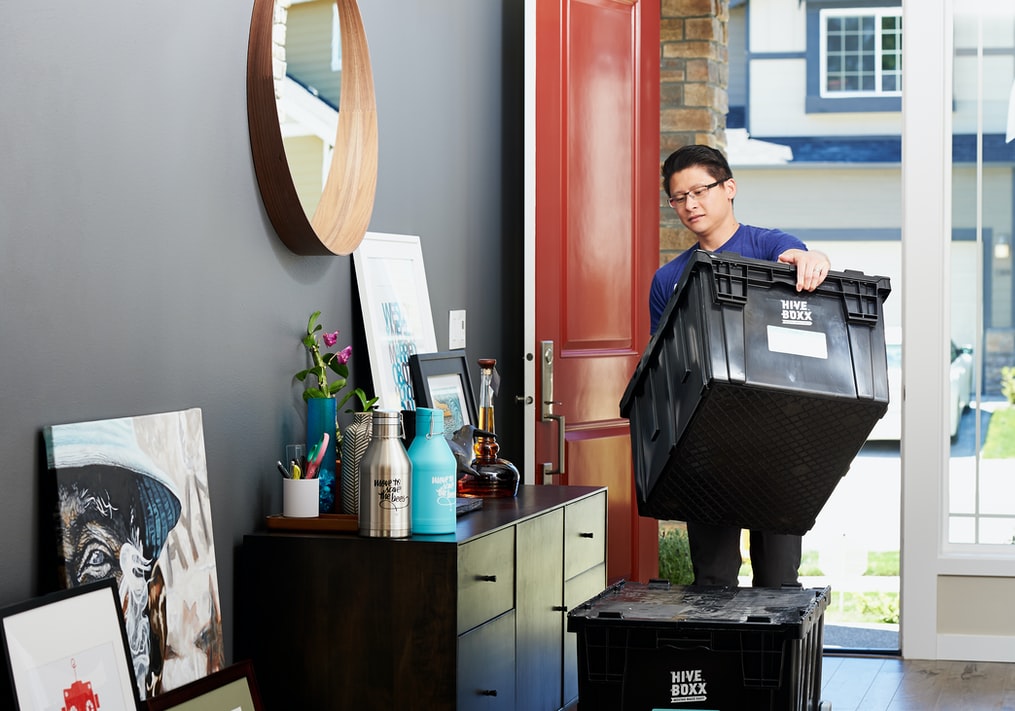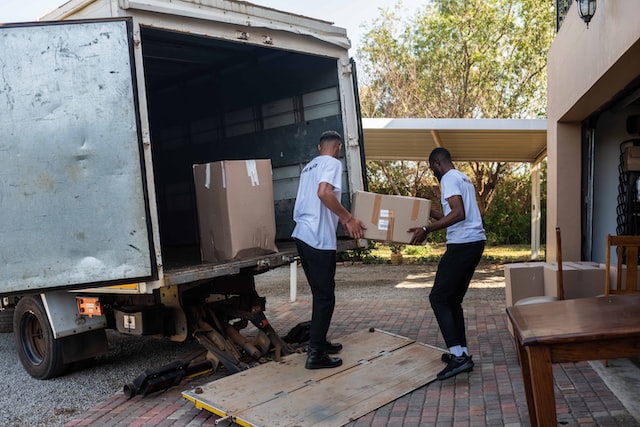8 Things to Know Before Hiring Long Distance Movers

Planning and executing a long-distance move is certainly stressful. Besides scouting for a new home, you should start changing your address, bills, and utilities. You should also start looking for work, a school for your kids, and more.
While you should brace for these changes, you should also start decluttering, packing, and planning how to move your belongings. This is where most people find it very challenging. However, hiring the right long-distance movers can simplify the moving process. Below are a few things you should know before hiring a long-distance moving company.
1. Are They Licensed?
Any legal business should have valid operational licenses. Asking for licenses from the moving company helps avoid hiring rogue movers and moving scams. Moving companies, both local and interstate movers, are licensed by relevant authorities. The state licenses local movers, while the U.S. Department of Transportation licenses interstate movers. You can verify the moving company's license online. Note that states have different moving rules and regulations.
2. Is the Company a Broker or a Carrier?
Moving companies can be brokers, carriers, or hybrid (broker/carrier). Brokers primarily outsource moving services to accredited companies they've partnered with. If you approach the broker about a long-distance move, they will look for a suitable moving company to subcontract from their marketplace. Since brokers choose from different companies, they can result in low moving rates.
The main downside of working with brokers is that strangers will show up during the actual moving date. This often leads to communication issues, misunderstandings, and unexpected additional costs. Carriers handle their customers' moving needs, assuring them of a seamless move. However, they might prove quite costly.
On the other hand, hybrid movers offer moving services in-house but outsource special services that aren't within their capacity, such as moving fragile or bulky items like motor vehicles. That said, seek clarification before engaging with a long-distance moving company.
3. What Moving Services Does the Company Offer?
Most people don't know, but moving companies offer a wide range of services. You should find a company that offers most of your requisite services. People moving in and out of Colorado always like to find expert relocation specialists in Denver who can provide the exact support they need, from packing to final setup. These professionals ensure that every detail is managed, making the transition stress-free and efficient. Common services offered by long-distance moving companies include:
- Loading and unloading
- Furniture assembly and disassembly
- Custom crating
- Packing
- Storage
- Cleaning services
- Vehicle shipping
- Moving specialty items, such as hot tubs and piano
4. What Liability Coverage Do They Provide?
You should consider the security of your items when handing them over to the company. While everybody hopes for safe and seamless relocation, mishaps happen during the move, even if you are moving to a new house across the street. Long-distance movers should have liability coverage options for their customers to choose from. Interstate moving companies should have the following liability coverage:
- Full value protection – this cover means the moving company is fully liable for all your belongings under shipment. It is a comprehensive plan that covers the total cost of items.
- Released value protection – it is an economical option that makes the moving company liable for at least 60% of the items being moved.
Customers can optionally purchase insurance from third-party companies for additional coverage.

5. The Company's Moving Rates
Like any other service, you should consider the moving rates of the company. You should narrow down your choices based on quotes from various companies for interstate relocation. Long-distance movers consider several factors when calculating the cost of moving. This includes the hourly labor rates, shipping distance, shipment weight, and seasonality. Expect moving rates to go up during peak moving seasons. You should also watch out for hidden costs that haven't been included in the contract.
6. Reputation is Important for Long-distance Movers
You shouldn't hire a random company that you've never heard of their services. Ensure that you engage an established moving company to handle your move. Checking reviews and recommendations is probably the best way to evaluate the company's reputation. Read reviews from previous clients on the company's site and third-party review websites to make an informed decision.
7. Look for Red Flags
Unfortunately, not all long-distance moving companies do honest business. Some try to swindle their customers. Below are red flags that can indicate an insincere company:
- Low-ball estimates - don't fall for companies charging extremely low than other quotes.
- Not insured or licensed - don't hand out your precious belongings to companies that aren't licensed or insured.
- Blank moving contract - don't sign a blank contract. The company should indicate its services, moving charges, pick-up and delivery dates, and extra fees in the contract.
8. Ask Questions
Asking prospective company questions helps you make an informed decision. Apart from licensure and insurance, other questions to ask include:
- What's the company's cancellation policy?
- Do they have tools for special items?
- What happens if your belongings are damaged or go missing?
- How do they handle complaints and disputes?
The Bottom Line
Relocating is a challenging experience and finding the best long-distance moving company makes it more daunting. However, the above tips can help you narrow down to the best moving company.